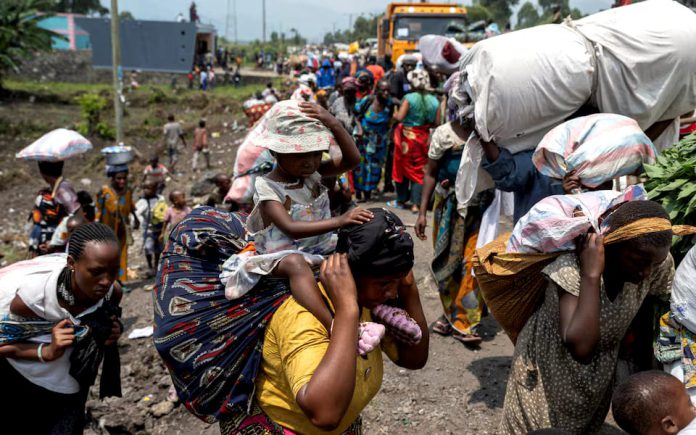Rwanda’s Foreign Minister Olivier Nduhungirehe over the weekend said his Congolese counterpart had refused to sign an agreed deal to help resolve the M23 rebel conflict in the eastern Democratic Republic of Congo that has displaced over 1.7 million people.
The Tutsi-led M23 rebels have been waging an insurgency in the central African country’s violence-torn east since 2022.
Congo, the United Nations, and others accuse neighbouring Rwanda of backing the group with its own troops and weapons.
Rwanda, which denies supporting M23 rebels said it has taken what it calls defensive measures and accuses Congo of fighting alongside a Hutu rebel group, the Democratic Forces for the Liberation of Rwanda (FDLR), which has attacked Tutsis in both countries.
Both countries participated in negotiations in late August aimed at easing the conflict, which has deepened the region’s long-running humanitarian crisis and, at times, raised fears of a wider war.
Nduhungirehe told Reuters that delegates to the talks, including Congo’s head of military intelligence, had agreed and signed a plan “for neutralising the FDLR and lifting Rwanda’s defence measures”.
This agreement was due to be signed by ministers on Sept. 14, he said, speaking on the sidelines of a summit of leaders from French-speaking countries in France.
“We were ready to sign … but the Congolese minister refused. She first commented on the report and then later, after consultation, she came back. She told us she was opposed to adopting the report.”
The plan foresaw the actions against the FDLR taking place first, followed a few days later by Rwanda easing its “defence measures,” Nduhungirehe said, adding that the Congolese minister objected to these not happening at the same time.
A spokesperson for the Congolese government did not immediately reply to a request for comment.
Congo and Rwanda’s leaders, Felix Tshisekedi and Paul Kagame, both attended the summit in France.
French President Emmanuel Macron had proposed a three-way meeting, but the two ended up having separate private audiences with Macron.
“The situation is still too tense (for a three-way meeting),” Macron told reporters later on Saturday. It “calls for efforts on both sides,” he said calling on the two countries to reach an agreement.











